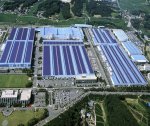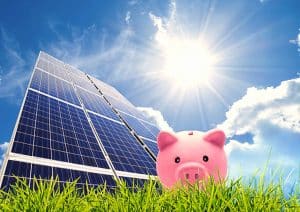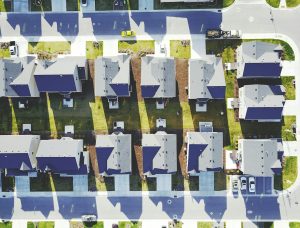South Korea’s largest automaker, Hyundai, announced last week it will install the nation’s largest rooftop photovoltaic power plant at its manufacturing factory in Asan, Korea.
Hyundai says it plans to install 40,000 solar photovoltaic modules on the rooftops of Asan’s press, welding, assembly and engine buildings by the end of 2013.
In total, the panels will occupy just shy of 145,000 square meters (14.5 hectares) of the building’s massive 213,000 square metre rooftop area.
The 10MW rooftop solar power facility will generate approximately 11.5 million kilowatt-hours of electricity per year; enough to supply the power needs of 3,200 households. At that generation level, 5,600 tons of carbon dioxide emissions will be avoided annually.
The shading provided by the panels, plus the arrays’ sprinkler cooling systems will also help reduce the temperature in the plant below; offering some energy savings.
Korea Electric Power Corporation (KEPCO) will purchase the electricity produced by the solar modules.
The type of panels to be used on the facility is unknown and while it wouldn’t be unreasonable to assume Hyundai solar panels will be the choice; Hyundai Solar is a totally separate company run under different ownership – it is a subsidiary of Hyundai Heavy Industries.
Hyundai joins a growing list of automakers turning to solar energy for powering operations or providing an additional revenue stream.
While Hyundai’s Asan project is utility scale, commercial and manufacturing operations large and small can benefit from installing solar panels.
According to Australian commercial solar provider Energy Matters; which specialises in systems with a capacity of 20 kilowatts to 1 megawatt, if businesses are paying more than 20c/kWh for daytime electricity rates, a system sized to daytime load will provide a payback time of between 5 and 7 years – after which time, the electricity generated is essentially free.







































